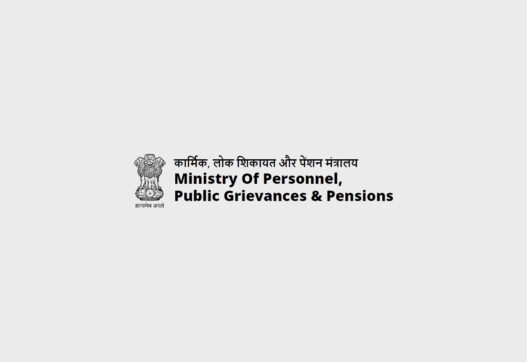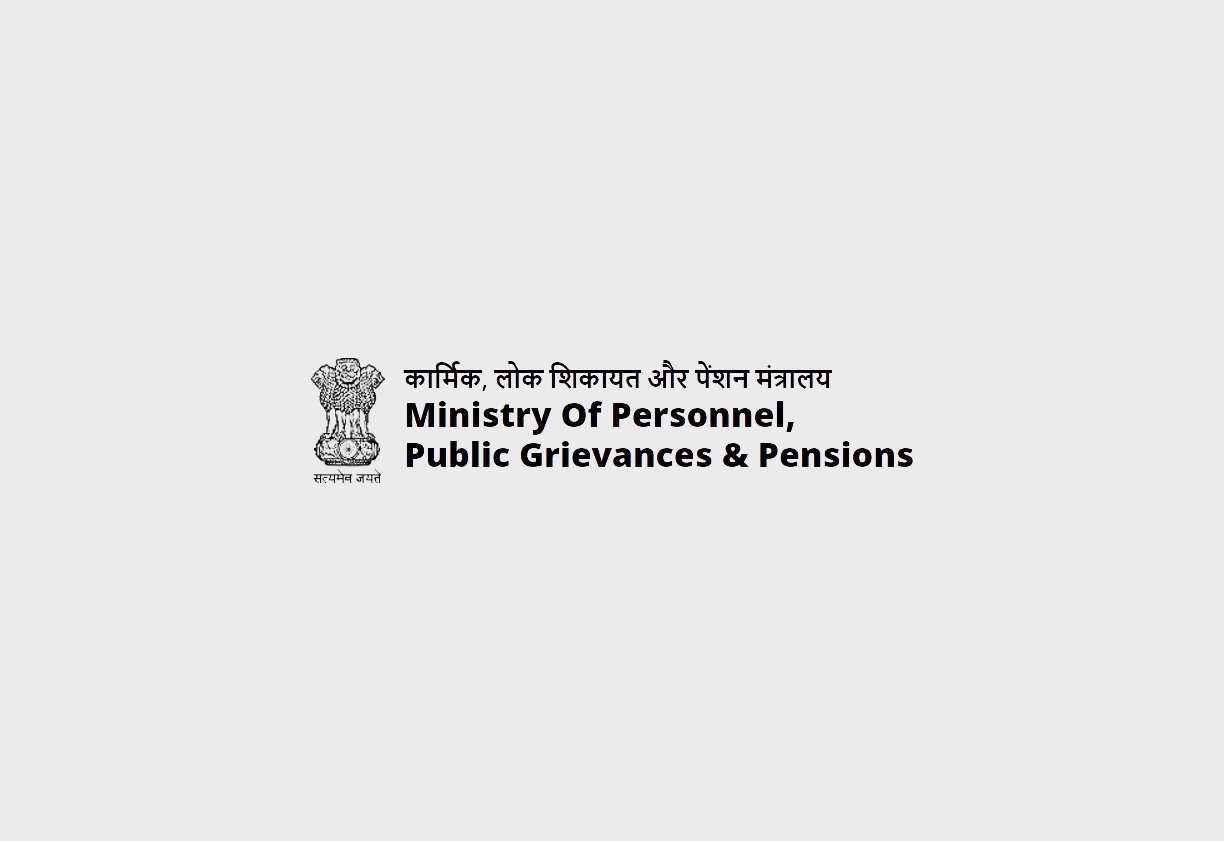Ministry of Personnel, Public Grievances and Pensions
The Central Vigilance Commission Act, 2003, was enacted to provide for the constitution of a Central Vigilance Commission (CVC) to inquire or cause inquiries to be conducted into offenses alleged to have been committed under the Prevention of Corruption Act, 1988, by certain categories of public servants. This act aims to establish an independent body to oversee vigilance and anti-corruption efforts in the Central Government and related entities. While the Act does not specify a particular ministry, it falls under the purview of the Ministry of Personnel, Public Grievances and Pensions in India, as it deals with matters related to anti-corruption and vigilance.
Enactment Date, Number of Chapters, Number of Sections:
The Central Vigilance Commission Act, 2003, was enacted on September 11, 2003. The Act is structured into 5 chapters and 27 sections, along with a schedule. These sections cover various aspects of the CVC’s constitution, functions, powers, financial matters, and miscellaneous provisions.
Act Governed By:
The Act is primarily governed by the provisions outlined within its sections. It establishes the Central Vigilance Commission, defines its composition, powers, and functions. It also outlines the procedures for inquiries, investigations, and financial matters related to the Commission.
On Whom It Is Applicable:
The Central Vigilance Commission Act, 2003, is applicable to the Central Vigilance Commission, its members, and staff. It also applies to public servants of the Central Government, corporations, Government companies, societies, and local authorities owned or controlled by the Central Government, who are alleged to have committed offenses under the Prevention of Corruption Act, 1988.
Penalties/Punishments:
The Act does not specify penalties or punishments for non-compliance. However, it outlines the procedures for inquiry and investigation into offenses and empowers the Commission to direct action against public servants found to be involved in corruption.
Important Pointers:
-
The Act establishes the Central Vigilance Commission as an independent body for overseeing vigilance and anti-corruption efforts.
-
The Commission consists of a Central Vigilance Commissioner and not more than two Vigilance Commissioners.
-
The Act outlines the functions and powers of the Commission, including the power to inquire into offenses under the Prevention of Corruption Act, 1988.
-
It provides for the superintendence of the Delhi Special Police Establishment (CBI) in relation to investigations under the Act.
-
The Commission has the power to review the progress of investigations and recommend actions to the government.
-
The Act ensures that the Commission’s proceedings are considered judicial proceedings.
-
It provides for the protection of actions taken in good faith by the Commission and its staff.
-
The Act empowers the Central Government to make rules and the Commission to make regulations for carrying out the provisions of the Act.
-
The Act emphasizes the importance of transparency and accountability in public service.
-
The Commission plays a crucial role in promoting integrity and combating corruption in public administration.
Act Copy:




